Security sector reform and the prevention of violent conflict
The prevention of violent conflict has traditionally been one of the core aims of security sector reform. Sustainable reforms build resilient security and justice systems while addressing many of the root drivers of conflict that stem from ineffective, poorly managed, or unaccountable security and justice institutions. This requires analyzing and monitoring security sector related drivers of conflict to identify where those institutions can actively help reduce conflict, and applying a more bottom-up approach to reform and governance.
Vincenza Scherrer, Deputy Head of the Policy and Research Division at DCAF, has been working on a study to be released in the coming months identifying the roles the security sector can play in fueling or mitigating grievances which can lead to violent conflict. The study, conducted with the funding support of the Swiss Ministry of Foreign Affairs, will contribute to the United Nations – World Bank programme on ‘Advancing Policy Tools for Sustainable SSR’. Key insights from the study are discussed in a new podcast, jointly organized by DCAF and the United Nations Security Sector Reform Unit.
Part of the Fragility Forum 2022, the podcast discusses the importance of the security sector in the prevention of violent conflict and how the United Nations can adapt its policies and practices to increase the efficacy of its support for this effort. The podcast consists of a conversation with Ms. Vincenza Scherrer, lead author of the research study, and Mr. Badreddine El harti, a senior UN field representative who will share lessons from his experience in Burkina Faso.
Listen to the podcast and check our other resources on the subject:
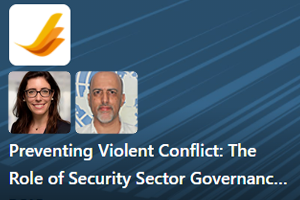
LISTEN: Preventing Violent Conflict: The Role of Security Sector Governance and Reform
Vincenza Scherrer, Deputy Head of the Policy and Research Division at DCAF and Badreddine El harti, a senior official with the UN Mission in Libya and until recently, the UN Special Advisor on SSR to the former President of Burkina Faso, reflect on what needs to be done differently to ensure that SSR support is used as a more effective tool for the prevention of violent conflict.
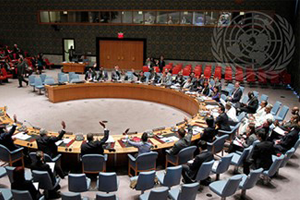
READ: Security Sector Reform and Sustaining Peace: Proceedings of the High-Level Roundtable
On the eve of the High-Level Meeting of the UN General Assembly on “Peacebuilding and Sustaining Peace”, Slovakia and South Africa, on behalf of the UN Group of Friends of SSR, co-hosted a High-Level Roundtable on Security Sector Reform and Sustaining Peace. The report explores different perspectives on SSR and prevention, with the President of the 72nd Session of the General Assembly underlining that the security sector “hold the tools that can pull societies back from the brink of conflict, or push them over the edge”.
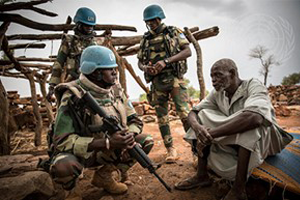
VISIT: Sustaining peace and SSG/R
Find more information about how security sector reform contributes to sustaining peace across the globe, and how negotiations and the post-conflict security arrangements set the agenda for post-conflict security reforms.
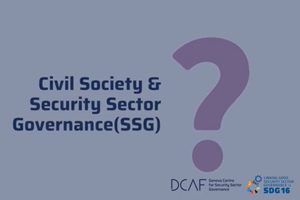
WATCH: Civil society organizations’ contribution to security sector governance
Civil society organizations can play an important role in the prevention of violent conflict and in the creation of sustainable peace in their communities and nations. Part of that role is conducting oversight on security forces and helping hold them accountable on human rights and the rule of law.
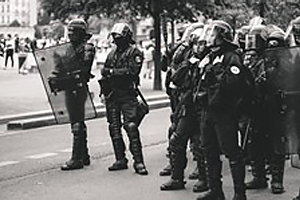
LEARN: Introduction to conflict analysis
Using the example of the Western Balkans, this e-learning course shows you practical tools to analyse conflict, distinguish current and potential root causes of and factors contributing to peace, and identify the role played by actors engaged in, or affected by, conflict.
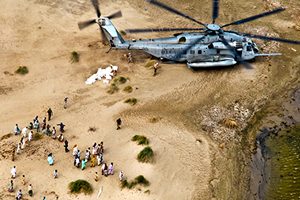
READ: The impact of climate change on global and local security governance
Climate change presents a major threat to sustainable development and peace and security. This report explains the role of the security sector not only in helping to tackle the impacts of climate change, but how security institutions should adapt their policies and practices to better address the risks.
 Share on Facebook
Share on Facebook Share on Linkedin
Share on Linkedin Share on Twitter
Share on Twitter